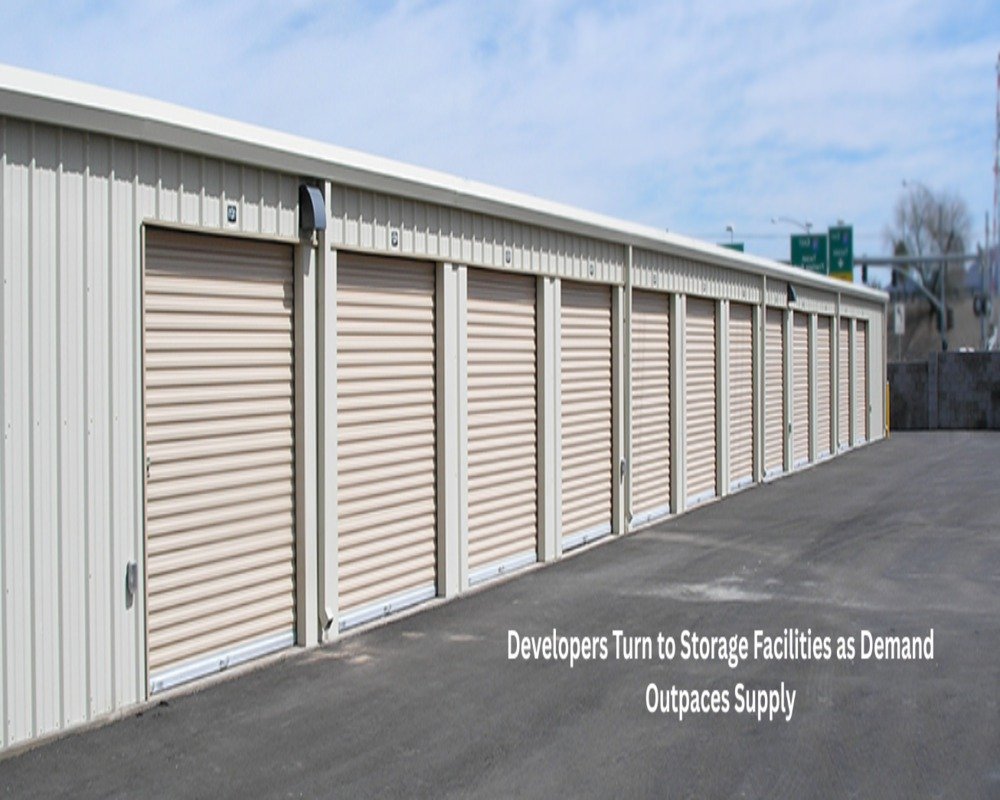The self-storage industry is witnessing a dramatic rise in demand, largely driven by rapid urbanization, a surge in e-commerce activity, and shifting consumer behaviors like downsizing and remote work. This changing landscape has caught the attention of real estate developers who are now increasingly exploring the self-storage sector as a lucrative investment avenue. Major global investment firms, such as BlackRock, have made high-profile moves, most notably acquiring a majority stake in Australia’s StoreLocal, to capitalize on the growth trajectory of the industry. This trend indicates strong investor confidence in the sector’s stability and potential for long-term returns.
However, while the appetite for storage space is growing, developers are encountering significant hurdles in matching this demand with adequate supply. Recent industry reports show that it now takes an average of 583 days to bring a self-storage project from planning to groundbreaking. This lag is attributed to several challenges, including heightened construction costs, labor shortages, and more stringent local zoning regulations. As a result, supply growth is slowing, which could further intensify competition for available storage units and drive rental prices higher in key urban markets.
Despite these challenges, strategic investments continue to flow into the self-storage space across global markets. Institutional investors like Nuveen and CalSTRS recently committed over $166 million to acquire self-storage facilities across the United States, signaling a strong belief in the sector’s long-term viability. In Australia, Storage Investments Australia has secured $40 million to fund its expansion along the country’s eastern corridor, with plans to grow its portfolio to $1 billion in assets. These moves suggest that while development timelines may be stretching, the momentum behind self-storage investment remains robust and far-reaching.




